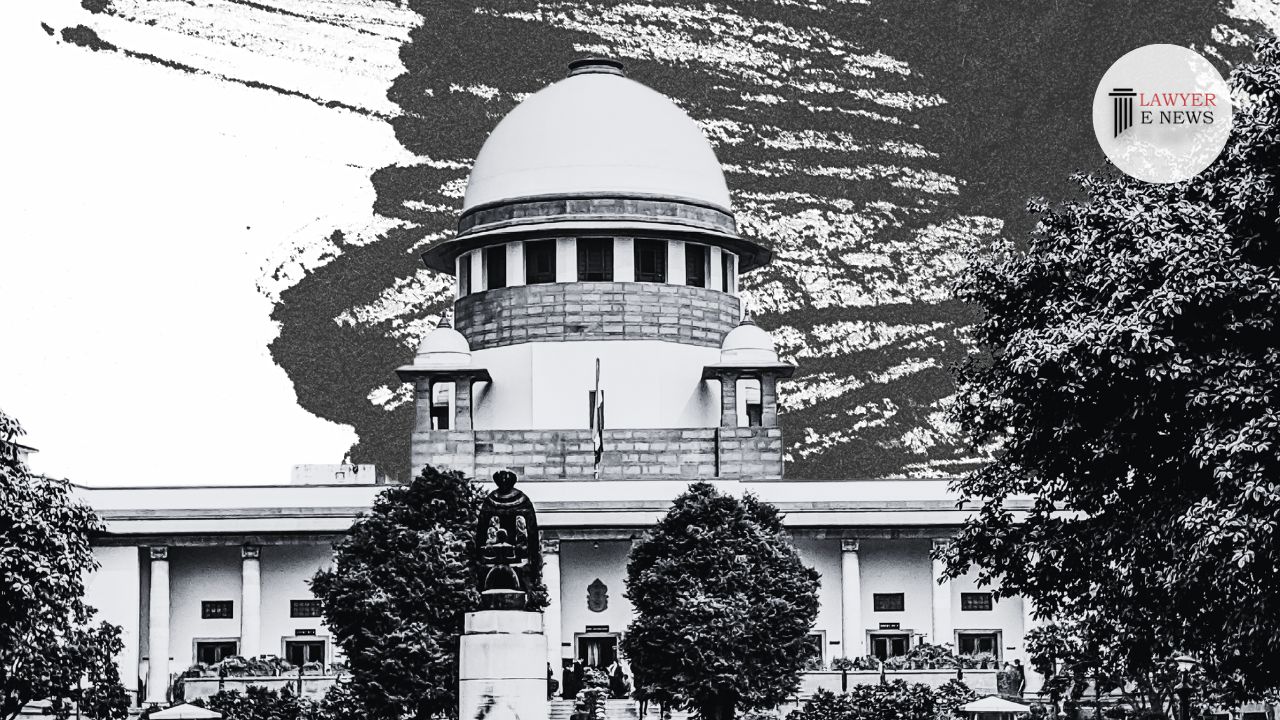-
by Admin
16 February 2026 1:47 PM



In a notable ruling, the Supreme Court of India has set aside the conviction of an individual under the Scheduled Castes and Scheduled Tribes (Prevention of Atrocities) Act, 1989, emphasizing the crucial requirement of intent to target the victim's caste identity for the application of the Act. The judgment, delivered on January 29, 2024, in the case of Dashrath Sahu Vs. State of Chhattisgarh, has led to the acquittal of the accused, who was previously convicted for outraging the modesty of a woman belonging to a Scheduled Caste.
"A plain reading of the section makes it clear that the offence of outraging the modesty should be committed with the intention that the victim belonged to the Scheduled Caste category," observed the bench, consisting of Justices B.R. Gavai, Prashant Kumar Mishra, and Sandeep Mehta. This observation forms the cornerstone of the Supreme Court's decision, addressing the interpretation of Section 3(1)(xi) of the SC/ST Act.
The case stems from an incident where the appellant, Dashrath Sahu, was convicted by the Special Judge for Scheduled Castes/Scheduled Tribes (Prevention of Atrocities) Act, Bilaspur, C.G., for offences under the Indian Penal Code and the SC/ST Act. However, the Supreme Court noted that the act was not committed with the intention of targeting the victim on the grounds of her caste.
In its judgment, the Court also referenced the precedent set in Masumsha Hasanasha Musalman Vs. State of Maharashtra, reiterating the importance of the intention behind the act for it to fall under the purview of the SC/ST Act. "To attract the provisions of Section 3(2)(v) of the Act, the sine qua non is that the victim should be a person who belongs to a Scheduled Caste or a Scheduled Tribe and that the offence under the Penal Code, 1860 is committed against him on the basis that such a person belongs to a Scheduled Caste or a Scheduled Tribe," the Court explained.
The ruling has significant implications for how courts interpret and apply the provisions of the SC/ST Act, particularly in cases involving accusations of offences against members of Scheduled Castes and Tribes. The Supreme Court's emphasis on the necessity of proving intent to target the victim's caste identity marks a crucial consideration in the application of this law.
The acquittal of Dashrath Sahu underlines the judiciary's commitment to ensuring that the provisions of the SC/ST Act are applied judiciously and in accordance with the intent of the law. This landmark judgment is expected to set a precedent for future cases involving similar circumstances.
Date of Decision: 29th January 2024
DASHRATH SAHU VS STATE OF CHHATTISGARH
